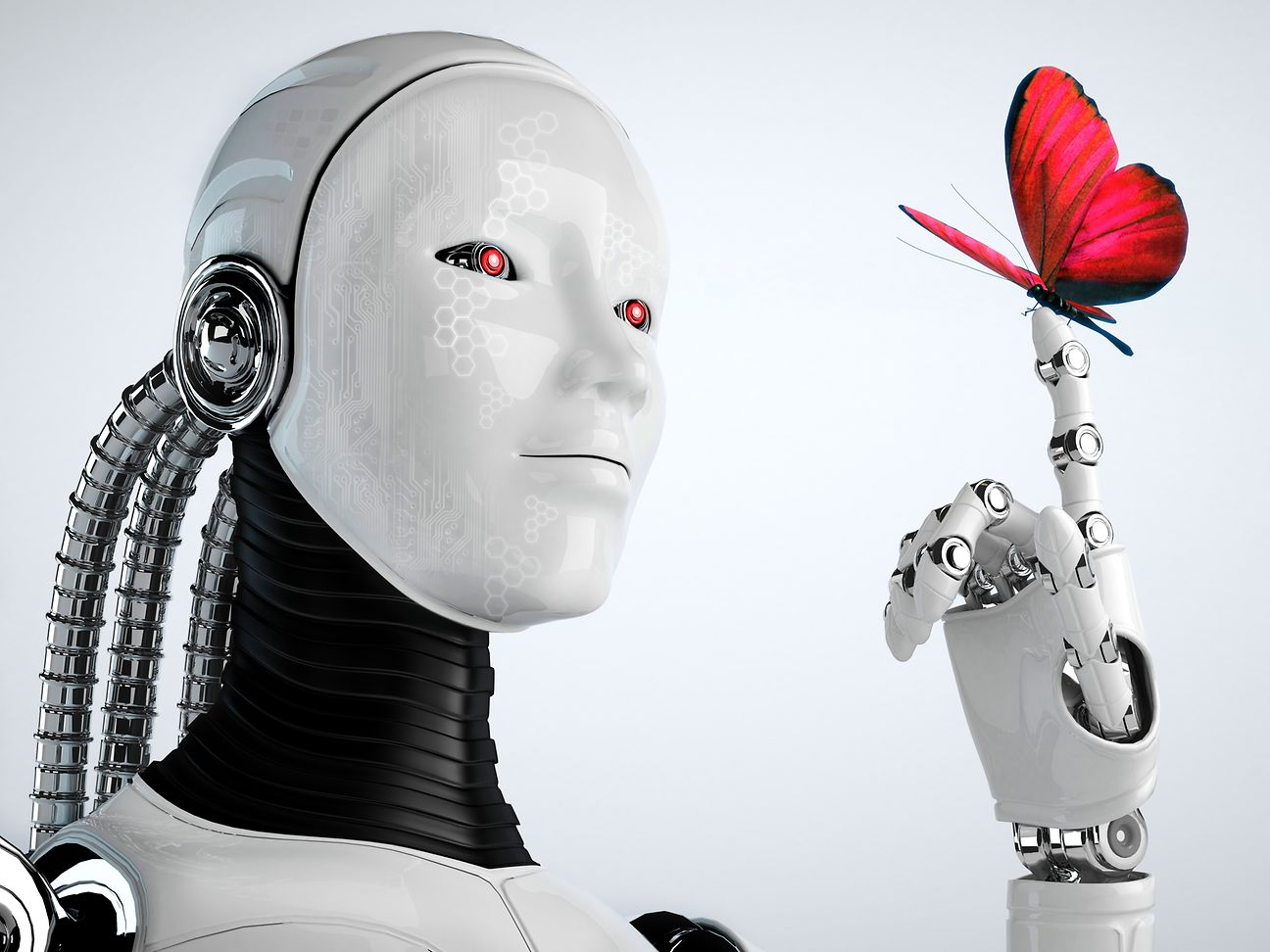As you may already know, in 1942, the writer Isaac Asimov has introduced in its short story "Runaround“ the three laws of robotics[1] (also known as Asimov's laws) representing the first "moral guidelines" for the development of advanced robots. New areas of information and communication technology are constantly evolving and in this context it is important to consider the relationship between humans and technology as well as ethical issues that may arise in the use of new technologies.

HT Group makes use of AI in many areas, e.g. within customer service, in the algorithms of an app catering to the best network connection or in product solutions for large customers. This use of AI provides a fruitful ground for further innovations and growth. But it also triggers the need for society-wide debates on these technologies.
Since it is the user as well as the developer that decides whether the AI is good or harmful, we as an innovative and trustworthy company have to take good care of the products HT Group delivers and the way people use technology in society.
As part of the focus on digital responsibility, the HT Group has adopted digital ethics guidelines on AI (available at link) which define the way the HT Group wants to deal with AI and how it will develop AI-based products and services in the future:
| We are responsible. |
Humans need to be ultimately responsible for AI features. |
|
We care.
|
AI systems are subject to IT standards, laws, our company values and ethical standards. |
|
We put our customers first.
|
AI is not an end in itself. We cater to customer's needs, in a mediated as well as direct way. |
|
We are transparent.
|
AI systems must be identifiable as such when interacting with human beings and the use of customer data must be clearly defined. |
|
We are secure.
|
High safety standards shall be met. |
|
We set the grounds.
|
Analysis of risk and chances and a good preparation comes first. |
|
We keep control.
|
Monitoring of the AI systems behaviour and ability to shut it down when needed. |
|
We foster the cooperative model.
|
Technology as a mean of supporting humans. |
|
We share end enlighten.
|
Knowledge about AI and technology should be spread. |
In order to respond to the challenges in the use and make the most of the opportunities provided by AI, on 21rd April, 2021 the European Commission proposed the first legal framework on AI that should strengthen customer confidence, guarantee security and protection of fundamental rights as well as encourage investment and innovation in this area. The new Artificial Inteligence Act (hereinafter: AI Act) will make sure that Europeans can trust what AI has to offer and will be applied directly in the same way across all Member States based on a future-proof definition of AI.
The AI Act and annexes are available at the following link
Questions and answers on the new legal framework can be found at link.

When developing, placing on the market and implementing AI, compliance is important to help us in strengthening our corporate culture and have customers recognize us as a trusted partner. HT Group is one of the first companies to adopt its digital ethics guidelines on AI and in 2017 has implemented corporate digital responsibility in all aspects of its business. We recognize the importance of anticipating and aligning of new technologies, we understand the impacts that new tecnologies have on our business, and we shape our corporate culture by considering future trends. In this way, by understanding technology and business, we are setting trends at national and intenational level.
It is our entrepreneurial interest to ensure the reliability of our products and services and we are actively involved in shaping and monitoring of the implementation of ethical guidelines within the HT Group. HT Group believes in the huge potential of AI and we are convinced that this potential can be achieved only if AI is developed and implemented in accordance with laws, values and ethical guidelines because only reliable and ethical AI ensures reduction of data and algorithms bias, increases transparency in decision making and improves the overall AI management, which has a positive effect on the trust and satisfaction of customers, employees and other stakeholders in our company.
Introducing new risk in compliance risk assessment... more
[1]
- Robot may not injure a human being or, through inaction, allow a human being to come to harm.
- A robot must obey the orders given it by human beings except where such orders would conflict with the First Law.
- A robot must protect its own existence as long as such protection does not conflict with the First or Second Laws.